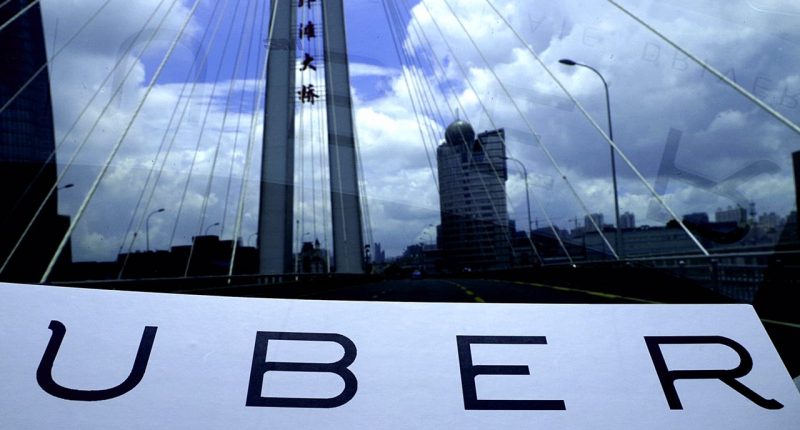Uber, the global ride-hailing major, has quietly commenced testing a new feature called “Store Pickup” in the Indian market. This development was first reported by TechCrunch. This novel offering allows gig workers to retrieve prepaid items from local stores and promptly deliver them to customers’ designated locations. The Store Pickup feature can be accessed through the Uber Connect feature in the app.
Initially introduced in select cities across the US in December, the feature is now seeing its expansion into the bustling Delhi-NCR region in India, marking its strategic entry into the burgeoning local delivery sector. India has a rather fledgling quick commerce sector, thanks to massive investments from early entrants like BlinkIt, Zepto, Swiggy among others. And while many earlier doubted the validity of such quick commerce models, Zomato’s recent results, clubbed with numbers from Zepto and Swiggy’s Instamart, have proven that there indeed is large consumer segment willing to pay additional premium for 10-12 minute deliveries.
And while Uber’s Store Pickup isn’t exactly quick commerce, it does pave the way for a similar model in near future. Uber’s foray into the local delivery space in India places it in direct competition with established domestic platforms such as Dunzo, Rapido, and Swiggy, all of which provide similar services for procuring items from nearby stores. Prior to this, the feature was available in Austin, Boston, Chicago, Dallas, Houston, Las Vegas, Los Angeles, and several other towns and cities in the US.
Similar to its core ride-hailing service, “Store Pickup” leverages the convenience of the Uber app, allowing users to easily order pickups and deliveries from local stores once the customers enter their pickup details (including the the name and address of the local shop, along with the pickup instructions). This integration eliminates the need for juggling multiple apps and provides real-time tracking capabilities, mirroring the experience of tracking a ride. Unlike its broader “Connect” feature focused on general package delivery, “Store Pickup” caters specifically to local stores, potentially offering a more targeted and streamlined service for customers seeking quick errands within their neighborhoods.
As of now, the Store Pickup feature complements Uber’s existing Uber Connect feature, which enables customers to dispatch packages through the Uber app. This foray into local deliveries also bears similarities to Uber’s now-discontinued “UberRUSH” service, which operated from 2014 to 2018. However, “Store Pickup” differs by focusing solely on local stores and adapting to local preferences by accepting cash on delivery and requiring less stringent ID verification compared to its US counterpart.
However, convenience comes with certain limitations. Currently, “Store Pickup” restricts items to a maximum weight of 5 kilograms and a value below ₹5,000, excluding prohibited items like alcohol and medication. This potentially limits the service’s applicability for larger purchases or specific needs. Furthermore, customers can track the item live in the Uber app. Additionally, Uber faces stiff competition from established players in the Indian market who boast wider reach, brand recognition, and potentially lower costs.
The Tech Portal is published by Blue Box Media Private Limited. Our investors have no influence over our reporting. Read our full Ownership and Funding Disclosure →






